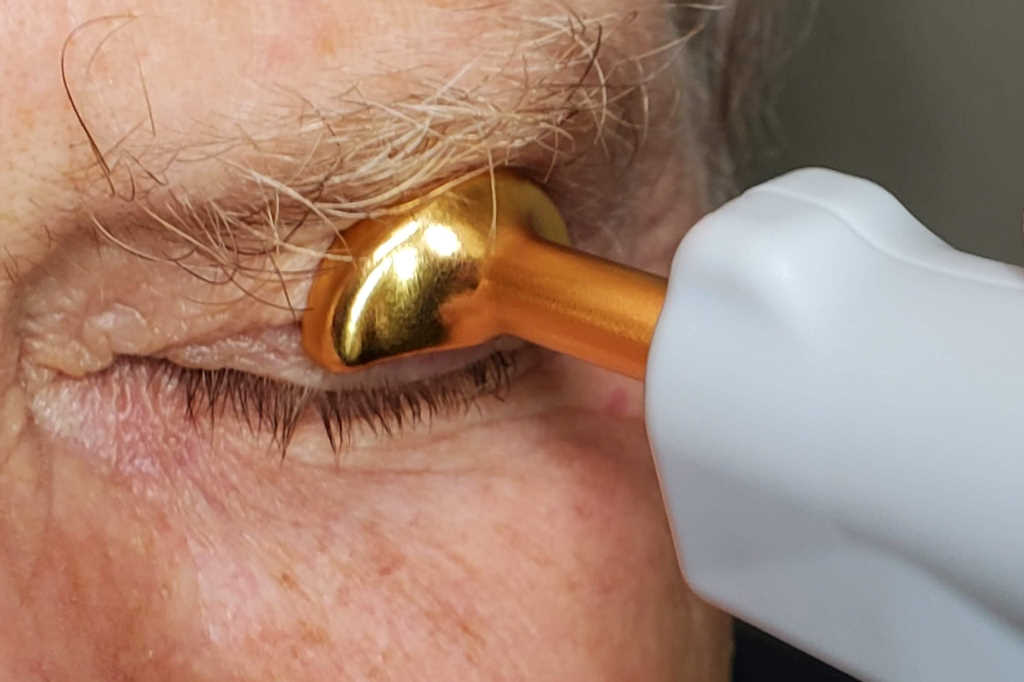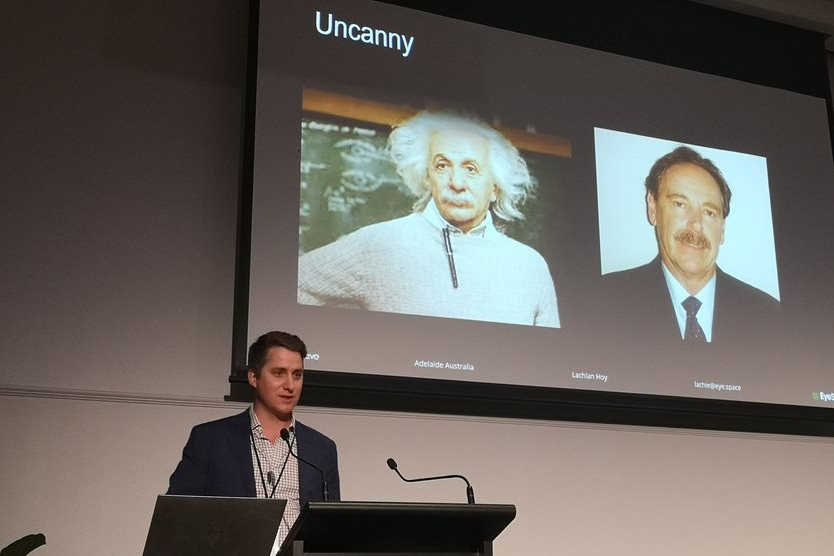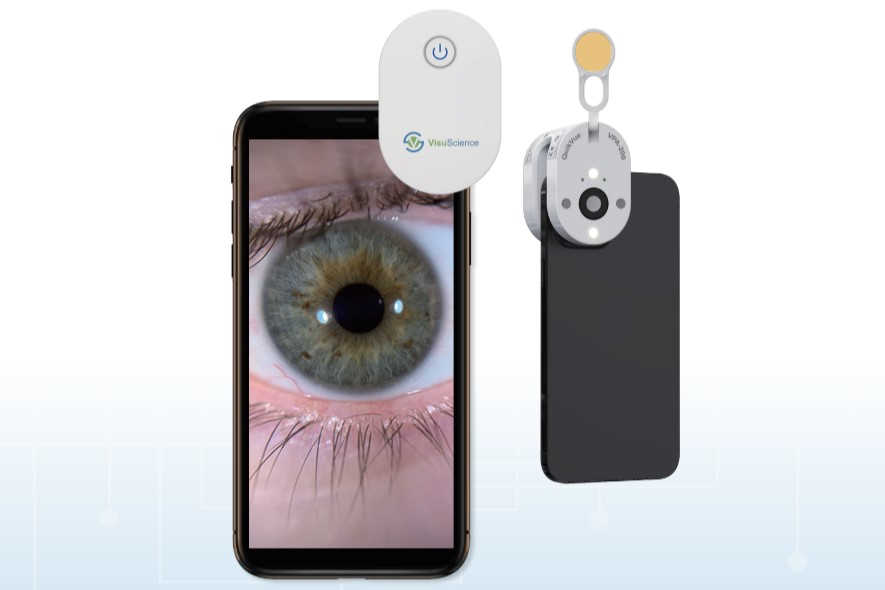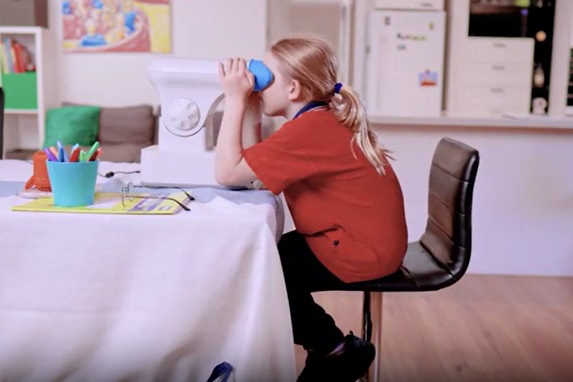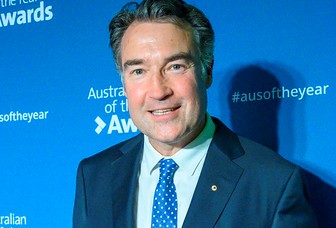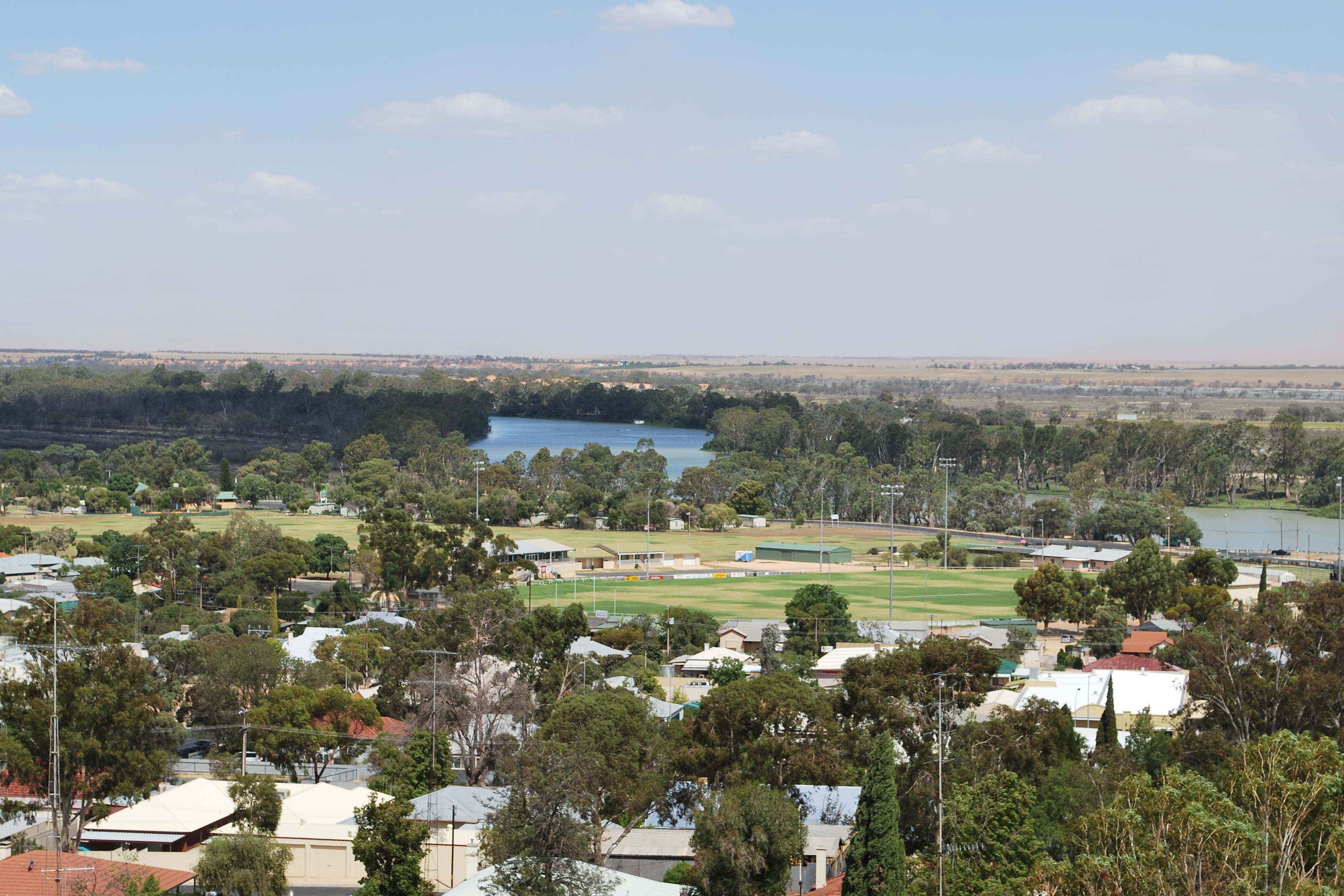CCLS: the future of anterior eye
The Cornea and Contact Lens Society’s (CCLS’s) popular one-day conference, on Sunday 26 March, promises an exciting day of anterior-eye education and networking.
To be held at the Holiday Inn, Auckland Airport, it will provide out-of-town delegates with the option of easy, same-day arrival and departure, said CCLS president Eleisha Dudson. “Our conferences are famous for providing excellent evidence-based education and professional networking in a fun, relaxed environment. We look forward to welcoming members to a day jam packed with information.”
Eye biometrics and CL innovation
Keynote Lachlan Hoy is an award-winning optometrist and contact lens innovator based in Adelaide. A fellow of the Cornea and Contact Lens Society of Australia and the International Academy of Orthokeratology, he is also the director and founder of three eyecare companies. Hoy’s professional interests are the metrology of the eye, software-based design and the manufacture of bespoke contact lenses.
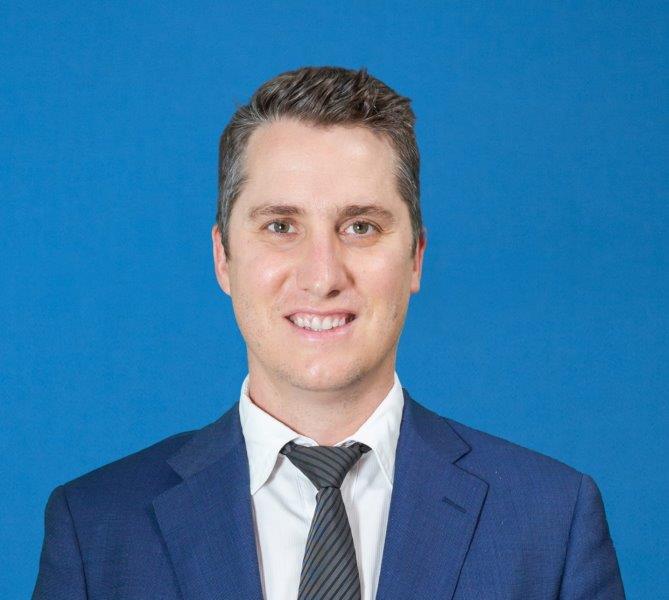
Lachlan Hoy
A second-generation optometrist, Hoy said his interest in contact lenses was sparked by working with Professor Michael Collins at Queensland University of Technology in Brisbane. “I was then fortunate to win the Don Noack award in my final year of optometry school, which gave me the opportunity to travel the world for two years and learn more about what people in Europe and the UK were doing with contact lenses. Joining groups like CCLS and the Orthokeratology Society of Oceania just took it further.”
Being an entrepreneur and an optometrist is a great combination, Hoy said, offering him an enjoyable balance between clinical work and the research and development at his company, EyeSpace. “The entire reason I do what I do is to continue to push boundaries of what we can provide patients, to go beyond a standard corneal or keratoconus lens and offer better comfort and safer lenses while developing easier systems for practitioners to help expand the field beyond just a handful of specialists in each city. Literally, the mission statement of EyeSpace is ‘we believe fitting rigid contact lenses should be easier’.”
Considering the future of rigid contact lenses and custom-made soft lenses, Hoy said the application is growing with a greater improvement in vision, thanks to the radical advances in eye biometrics. “We can now fit a wider range of people in the keratoconus space, for instance; we’re seeing fewer conversions of people to have corneal grafts as we can now fit them with a lens we wouldn’t have been able to fit before, while providing a higher level of vision and comfort.”
Coming across to New Zealand, Hoy said he’s looking forward to catching up with colleagues and friends at CCLS. A self-confessed ‘mad golfer’, he said he’s also keen to fit in a round at the Royal Auckland and Grange Golf Club.
Therapeutic future
A returning CCLS favourite, the University of Auckland’s Professor Trevor Sherwin’s interests include cell reprogramming, ocular stem cells and corneal engineering and the pathogenesis of corneal dystrophies. Although he said he knew the research component of his science degree was what he really enjoyed, Prof Sherwin claims to be an ‘accidental’ professor who ended up in medical research by serendipity. However, with his subsequent research attracting over NZ$10million in funding and his 100-plus papers receiving more than 6,000 citations in scientific literature, he’s become a sought-after speaker.
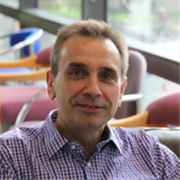
Prof Trevor Sherwin
This time at CCLS, Prof Sherwin said he will attempt to offer delegates a glimpse into the not-too-distant future of potential therapeutic treatments for corneal diseases. “Stem cells are looking really promising for some conditions, but the applications may be a few years away as we need to do the basic research first. We have already seen in the published literature what can happen if we rush ahead with stem cell treatments, so responsible researchers are rightly taking their time to ensure their safety. Despite intensive research, keratoconus has been an enigma for more than 50 years and we still don’t understand the pathogenesis of the disease. We have a hopeful treatment going into first-in-human trials, which, if successful, could see translation into the clinic in a few short years.”
Outside of work, having spent the last 24 years in New Zealand, Prof Sherwin said he has always loved walking in the Waitākere and Hunua ranges. Lately, with many tracks out of action due to kauri dieback, Waiheke Island trips have become a treasured favourite too.
Prof Sherwin said he is always impressed by how engaged CCLS delegates are, adding he is looking forward to some challenging questions from the floor!
For more, including information on hybrid options, see www.contactlens.org.nz/events










